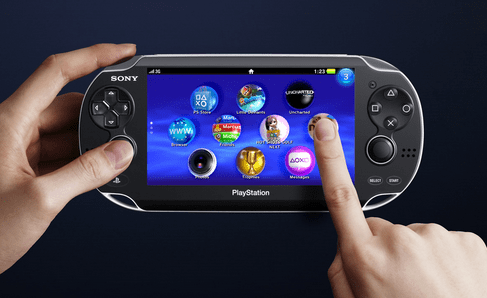And Unity’s develop-once, build-for-anything arsenal continues to grow.
This morning, the guys over at Unity made good on a promise they first made in March of last year: support for Sony’s latest handheld, the PlayStation Vita.
It’s perhaps not the best timing, seeing as Sony is currently trying to explain why no one is actually, you know, buying the Vita.
For those who might not know, Unity is a game engine built from the ground up to fulfill a dream that game developers have had for ages: the ability to build a game once, and have that game playable on many different platforms with minimal effort. You’ve still got to tweak each game for optimizations and platform-specific things like touch controls or motion sensors, sure — but that’s a drop in the bucket compared to rewriting the bulk of your code base for each and every platform.
(Want to know more? Slashdot has a great — if now slightly dated — look at Unity’s tale so far)
With this addition, Unity is sort of running out of platforms to expand to. It now supports, amongst others: PC, Mac, and Linux, iOS, Android, BlackBerry, Windows Phone, PS3 and PS4, Xbox 360 and Xbox One, and the Wii U (though working with the game consoles is much more complicated than working with computers or smartphones — for the most part, you need a thumbs up from the console maker before you get started). Oh, and some games can be played on the web through Unity’s browser plug-in.
Rather than just offering up game-porting support, Unity has gone ahead and integrated Vita-specific features into the mix. With that, developers are able to tap things like the Vita’s motion sensors, its cameras, and the Vita’s crazy rear touch pad.
Alas, even if you’re already set up with Unity and have a Vita nearby, you might not be able to start crackin’ away at building games for the Vita just yet. Like pretty much every other console on the market, Sony has things locked down pretty tight — if you want to build on the platform, you’ll have to convince Sony to make you a licensed developer. For those of us just dabbling, that… might be a bit of a challenge.
